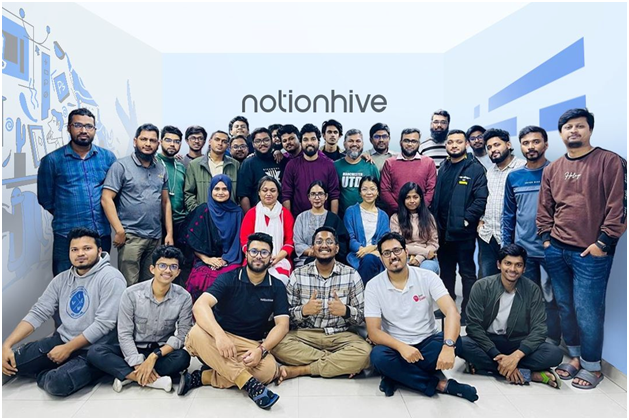
The campaign was developed based on the findings of a pulse survey conducted on 300 garment workers to identify the gaps in understanding of Covid-19 risks and preventive measures. COURTESY
The International Labour Organization has launched a Behaviour Change Awareness Campaign to identify and reduce the Covid-19 risks faced by ready-made garment workers in their workplaces and communities.
Launched in June in collaboration with BRAC, the campaign targets at least 5,000 households in the RMG dense areas of Gazipur and Chattogram, covering a population of more than 20,000 people, with at least 60 per cent of the beneficiaries been women.
Funded by Denmark and Sweden, the campaign is a part of the ILO’s Social Dialogue and Industrial Relations project’s Covid-19 response work, jointly with the Department of Labour, Bangladesh Garment Manufacturers and Exporters Association, Bangladesh Employers’ Federation, Bangladesh Knitwear Manufacturers and Exporters Association and Workers Resource Centre.
The campaign was developed based on the findings of a pulse survey conducted on 300 garment workers to identify the gaps in understanding of Covid-19 risks and preventive measures.
The findings of the survey called for an integrated Behaviour Change Campaign as only 38.6 per cent of the respondents recognised Covid-19 as a deadly disease and over one-third of expectant and new mothers surveyed had the misconception that breastmilk can spread Coronavirus.
“As the second wave of Covid-19 continues to impact the garment industry in Bangladesh, personal and occupational protection against Covid-19 has become a key component in every effort to build back better from the pandemic. The campaign will complement the ILO’s ongoing support to the industry by creating awareness and providing advice to build safe and healthy practices that protect workers and encourage good public behaviour at large,” said TuomoPoutiainen, Country Director of ILO Bangladesh.
Featuring a series of awareness-raising videos, posters, leaflets, door-to-door meetings and public service announcements, the campaign will run till the end of October 2021.
The campaign also included community-level engagements, distribution of hygiene kits, social media campaign, and SMS and voice messages that are being disseminated through mobile phones.












0 Comments